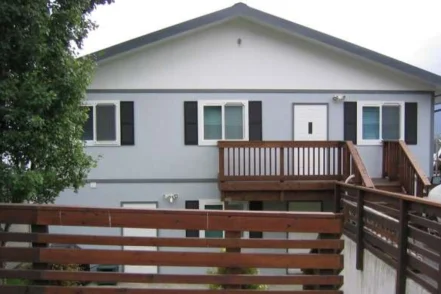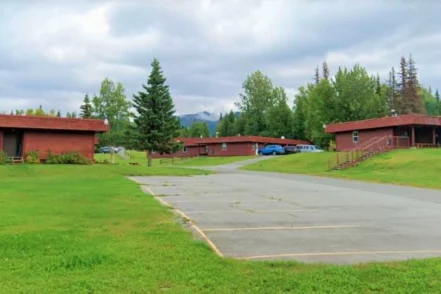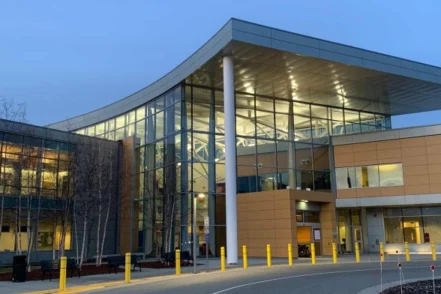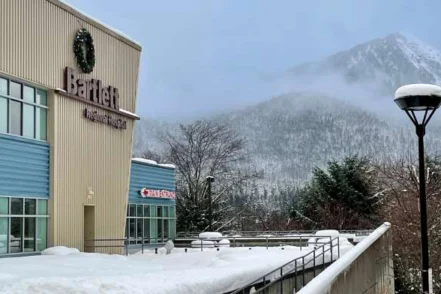Anchorage, AK Drug & Alcohol Treatment Centers
12 results nearby
Looking for help with addiction in Anchorage, AK?
Insurance
Treatment Programs
Looking for help with addiction in Anchorage, AK?

2514 1St Avenue Ketchikan, Alaska 99901

4600 Abbott Road Anchorage, Alaska 99507

1201 North Muldoon Road Anchorage, Alaska 99504

3240 Hospital Drive Juneau, Alaska 99801